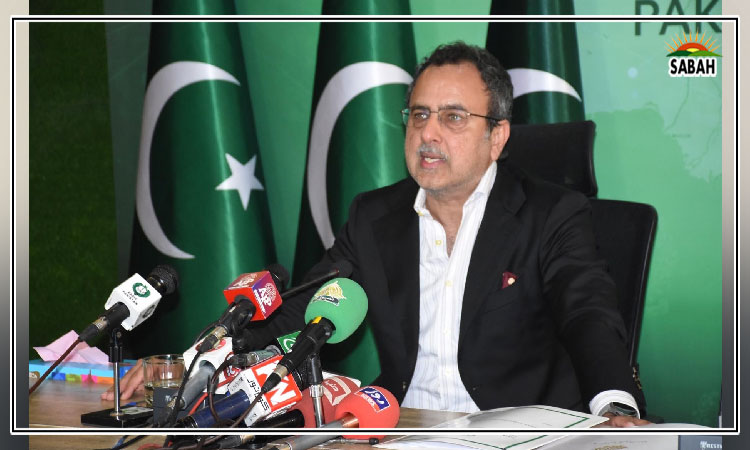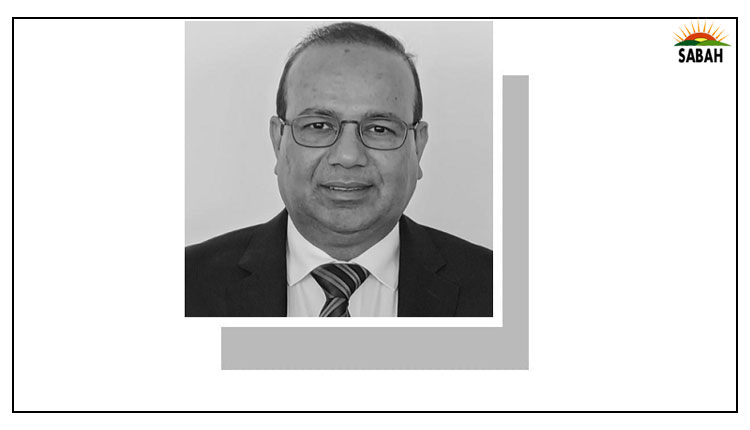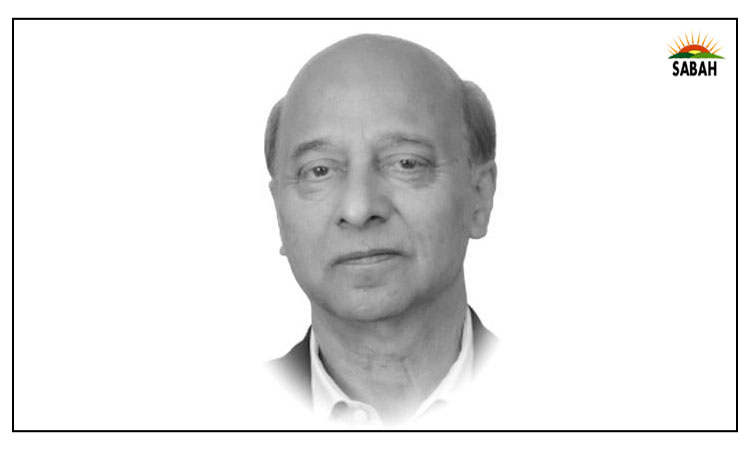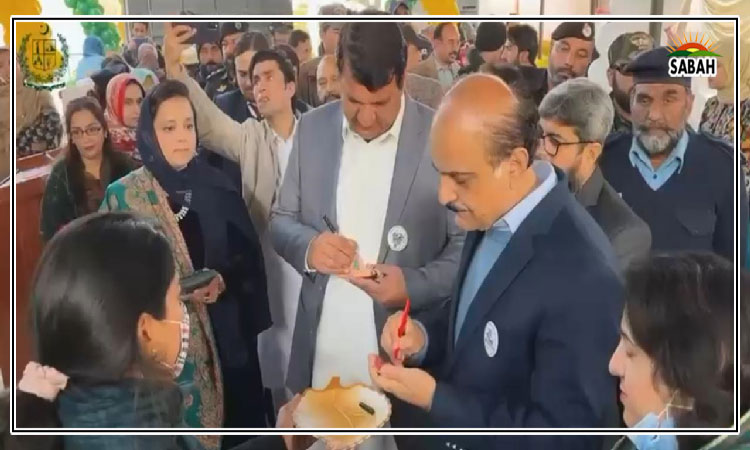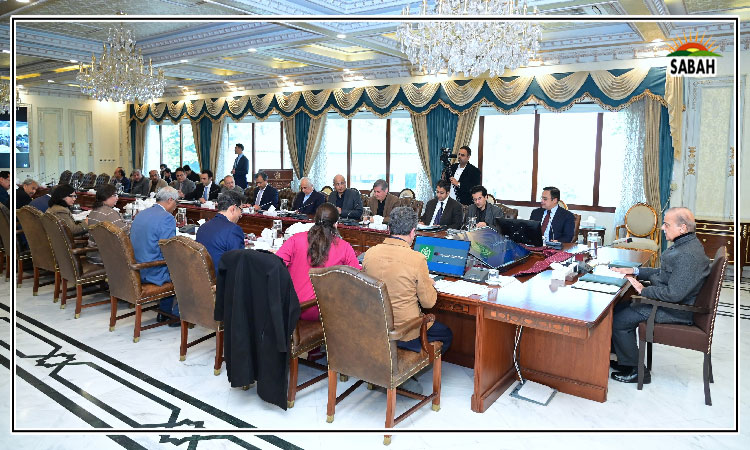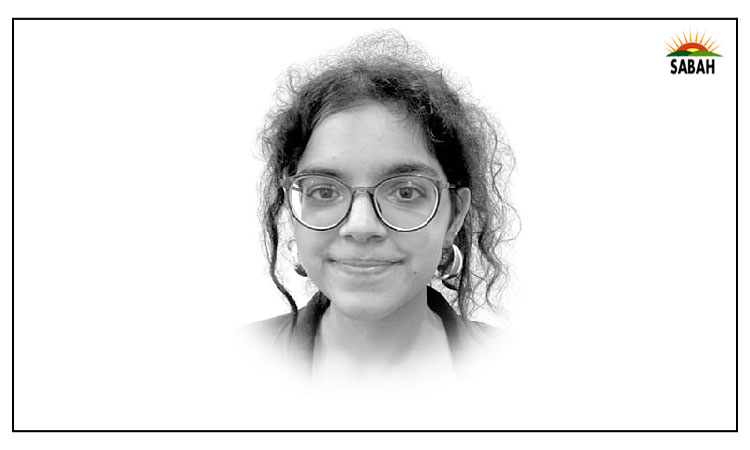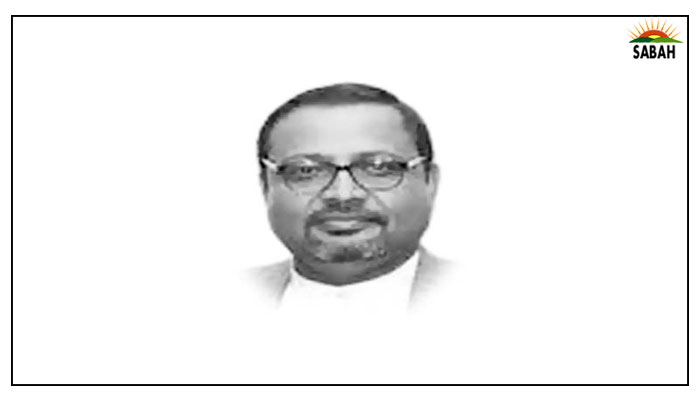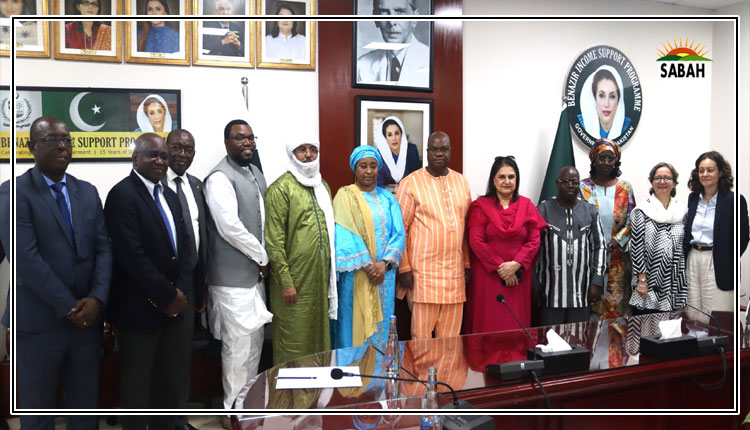High-Level delegation from West African countries visits Benazir Income Support Programme
ISLAMABAD, Nov 11 (SABAH): Chairperson of the Benazir Income Support Programme (BISP), Senator Rubina Khalid, and Secretary BISP, Amer Ali Ahmad on Monday welcomed a high-level delegation from Burkina Faso, Mali, Senegal, and Niger at BISP Headquarters. The delegation is on a four-day study tour from November 11 to 14, 2024, in collaboration with the World Food Program and the World Bank, aiming to learn from BISP’s initiatives, in social protection for disadvantaged sections of society.
In her welcoming remarks, Chairperson Senator Rubina Khalid described BISP as Pakistan’s flagship social protection program, inspired by the vision of Shaheed Mohtarma Benazir Bhutto and launched in 2008 by then-President Asif Ali Zardari. She explained that BISP uniquely identifies 9.3 million low-income women across Pakistan using the CNIC system. The female head of each eligible household is entitled to financial assistance, with Form ‘B’ made mandatory for program registration.
During the briefing, Senator Rubina Khalid expressed optimism about the tour, noting that it will be mutually beneficial for Pakistan and the visiting countries. She highlighted the importance of sharing experiences in socio-economic upliftment and said BISP looks forward to building upon this relationship in the future.
Secretary BISP, Amer Ali Ahmad, emphasized that the focus of the study tour would be on the National Socio-Economic Registry (NSER) database of eligible households and BISP’s payment system. The delegation will also visit the Benazir One Window Center and BISP field offices for a firsthand view of BISP operations.
Mrs. Colonel Assa Badiallo Toure, Minister of Health and Social Development from Mali, and Mr. Amedee BAMOUNI, Permanent Secretary of the National Council for Social Protection from Burkina Faso, thanked Pakistan and BISP for organizing the study tour. They expressed keen interest in learning from BISP’s expertise in social protection and its impact on marginalized segments of society.


